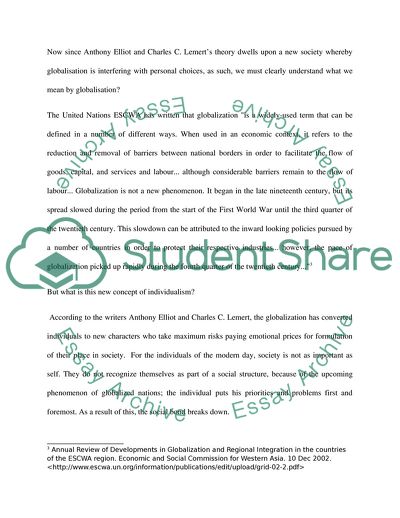Cite this document
(The New Individualism Theoretical Concept Coursework - 5, n.d.)
The New Individualism Theoretical Concept Coursework - 5. https://studentshare.org/sociology/1729839-sociology
The New Individualism Theoretical Concept Coursework - 5. https://studentshare.org/sociology/1729839-sociology
(The New Individualism Theoretical Concept Coursework - 5)
The New Individualism Theoretical Concept Coursework - 5. https://studentshare.org/sociology/1729839-sociology.
The New Individualism Theoretical Concept Coursework - 5. https://studentshare.org/sociology/1729839-sociology.
“The New Individualism Theoretical Concept Coursework - 5”. https://studentshare.org/sociology/1729839-sociology.


